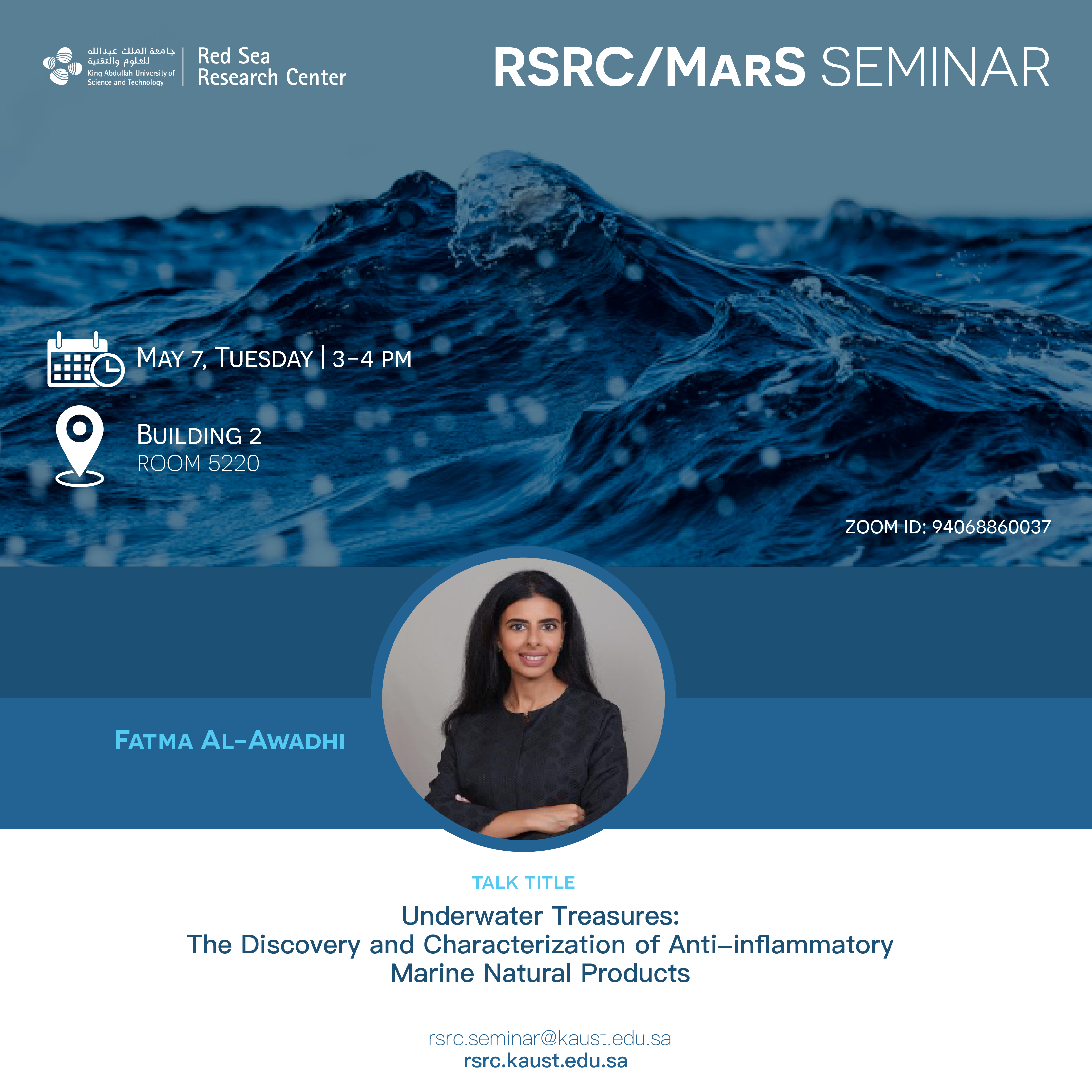CURRENT STUDENTS
OFFICES & SERVICES
STUDENT RESOURCES
COURSE LIST & SYLLABI
FREQUENTLY USED FORMS
DOWNLOAD PROGRAM GUIDES
CURRENT STUDENTS FAQs
For M.S. students, your advisor when you are admitted to KAUST is the Program Chair. For Ph.D. students, your advisor is your PI (supervisor) whose lab you have been accepted in to.
Yes, you can change your advisor. M.S. students are advised to do so if/when they begin their thesis or directed research. Ph.D. students do have the ability to change advisors, but the overall impact to the Ph.D. project, as well as the time left to finish the Ph.D., could be significant. This will have to be taken into account before approval.
M.S. students need 36 credits (combination of courses and research is specific to your program).
Ph.D. students need 6 credits of 300-level coursework and will earn dissertation research credit each semester until they defend (no minimum credits established, although there is a minimum residency requirement of 2.5 years).
M.S. students get all university holidays (Eid Al-Fitr, Eid Al-Adha, Spring break).
Ph.D. students get university holidays and three weeks of annual/vacation leave per calendar year to be taken in agreement with your PI.
Yes. Drop and Add deadlines are on the academic calendar.
Your GPC can help you request these from the Registrar’s Office, or you can contact them directly at RegistrarHelpDesk@KAUST.EDU.SA
Latest Events
RSRC Seminar: Underwater Treasures: The Discovery and Characterization of Anti-Inflammatory Marine Natural Products

Abstract:
Chemical investigation of marine cyanobacterial samples collected from Florida Keys resulted in the discovery of two secondary metabolites belonging to two different structural classes. The planar structures of both compounds were elucidated using a combination of 1D and 2D NMR spectroscopy and mass spectrometry. The structures feature an α,β-unsaturated carbonyl system, a key motif required for the activation of the Keap1/Nrf2−ARE pathway, a cytoprotective pathway that controls the activation of antioxidant genes and phase II detoxification enzymes. The compounds were screened in ARE-luciferase reporter gene assay using stably transfected HEK293 cells and found to induce Nrf2 activity up to 10 µM. Due to the established crosstalk between Nrf2 and NF-κB pathways, the anti-inflammatory potential of both compounds was investigated in LPS-induced mouse macrophages (RAW264.7 cells), a commonly used model for inflammation. The compounds significantly upregulated Nqo1 (Nrf2 target gene) and downregulated iNos (NF-κB target gene) resulting in a significant reduction of nitric oxide (NO) levels. Furthermore, we performed RNA-sequencing and demonstrated the transcriptional activity of both compounds on a global level and identified canonical pathways and upstream regulators involved in inflammation, immune response, and certain oxidative stress-underlying diseases such as multiple sclerosis and chronic kidney disease.
Bio:
Fatma H. Al-Awadhi received her Bachelor’s degree in Pharmacy from Kuwait University in 2009. She was then appointed as pharmacist in Ministry of Health, Kuwait. In 2012, she joined the College of Pharmacy at the University of Florida where she earned her M.S. and Ph.D. degrees in Pharmaceutical Sciences – Medicinal Chemistry under the supervision of Professor Hendrik Luesch in 2014 and 2017, respectively. Currently, Fatma is an Assistant Professor at the Faculty of Pharmacy, Kuwait University. Her research interests include discovery and characterization of novel natural products from marine organisms.